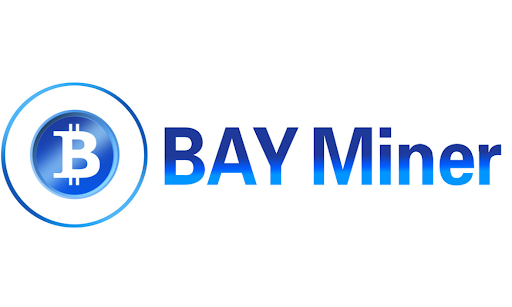AI Agents Set to Transform Web3 Infrastructure as Institutional Investment Reaches Record Highs

The artificial intelligence and Web3 convergence has reached a decisive moment in 2025, with industry data showing approximately 10,000 AI agents currently operating across blockchain networks. According to Cointelegraph, these autonomous systems collectively generate millions of dollars weekly through onchain activities. Asset management firm VanEck projects this number will expand to over one million AI agents by December 2025.
The transformation represents a shift from experimental novelty to organized infrastructure development. Cryptopolitan reports that AI agents have moved beyond content creation to independent coding capabilities, with leading projects like AI16Z conducting tests for autonomous creation features. These agents now perform complex trading operations, manage decentralized autonomous organizations, and execute smart contract functions without human intervention.
Market data reflects this growth trajectory, with tokens tied to agentic AI reaching $10 billion in market capitalization during the fourth quarter of 2024. Projects including ai16z and Virtuals Protocol have gained attention for their ability to direct onchain investments and launch AI agents on major networks like Coinbase's Base blockchain.
Why This Technology Shift Matters
The expansion of AI agents within Web3 ecosystems addresses longstanding adoption barriers that have limited decentralized technology growth. Matt Hougan, head of research at Bitwise, told media outlets that cryptocurrency staking represents a viable early application for agentic AI systems. These agents can optimize staking rewards, manage portfolio allocations, and execute trades across multiple blockchain networks simultaneously.
Yellow.com analysis indicates that institutional involvement is shaping development trajectories as financial organizations explore combined AI-Web3 applications for supply chain management and identity verification. Government agencies are implementing blockchain systems to secure public data for AI analysis, while consulting firms advise clients on integrated strategies.
The technology convergence also resolves critical trust issues inherent in both sectors. AI systems gain transparency through blockchain's immutable record-keeping, while Web3 platforms benefit from AI's analytical capabilities for fraud detection and automated governance processes. This symbiotic relationship creates more robust and efficient decentralized applications than either technology could achieve independently.
Industry Implications for Decentralized Finance
The integration of AI agents into Web3 infrastructure is reshaping competitive dynamics across multiple sectors. Asset manager Bitwise estimates that combining AI and cryptocurrency technologies could contribute $20 trillion to global GDP by 2030, reflecting the substantial economic impact anticipated from this convergence.
Traditional financial institutions are adapting their strategies to accommodate decentralized AI applications. Recent institutional investments, including MGX's $2 billion stablecoin investment in Binance during March 2025, demonstrate growing confidence in AI-enhanced blockchain platforms. Invezz research shows that 42% of U.S. venture capital now flows into AI companies, compared to 22% two years earlier.
The shift has prompted regulatory responses across jurisdictions. European authorities are developing frameworks that address AI-Web3 applications spanning multiple domains simultaneously, while industry standards emerge from previously separate technical communities. Projects like Ocean's tokenized AI platform and Fetch.ai's autonomous DAOs provide practical examples of how these technologies solve real-world supply chain and data management challenges.
However, skeptics point to scalability concerns and environmental impact from energy-intensive AI training processes combined with blockchain operations. Technical challenges around interoperability between different blockchain networks and AI systems remain unresolved, requiring continued development of cross-chain solutions.
Further Reading
For those interested in exploring the broader technological infrastructure supporting decentralized autonomous organizations, our comprehensive DAO tooling guide provides detailed analysis of over 100 platforms and tools used in decentralized governance. The guide examines how AI integration enhances decision-making processes within DAOs and automates treasury management functions across various blockchain networks.





